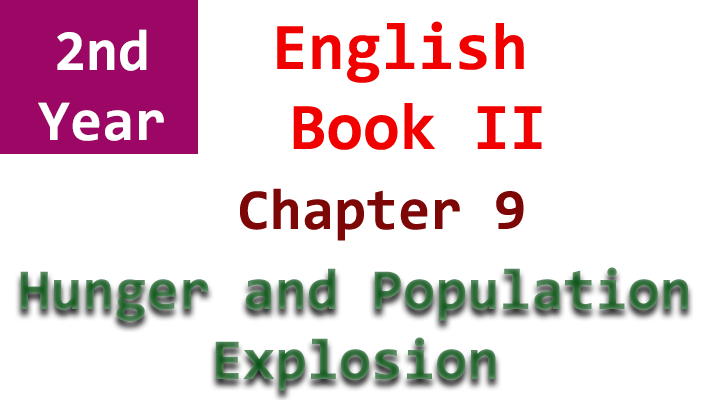Lesson 9: “Hunger and Population Explosion” by Anna McKenzie. The lesson explores the experience of true hunger, emphasizing that it goes beyond the temporary feeling of missing a meal. Hunger, in the context of the lesson, means a chronic lack of food, a constant state of not having enough to eat, and the uncertainty of where the next meal will come from. The author vividly describes the devastating impact of hunger on children, painting a poignant picture of their physical and emotional state.
The historical perspective on famine is presented, tracing it back to early human societies and referencing instances of famine in ancient Egypt as documented by a Pharaoh. The lesson also draws attention to biblical accounts of famine, such as the seven years of famine in Egypt during Joseph’s time.
The narration extends to historical records in Europe from the birth of Christ to 1800, highlighting the prevalence of famines occurring approximately every five years in different regions. In England, major famines occurred at least once every ten years, with additional localized famines. The lesson concludes by noting that folk tales, like those of Robin Hood, often reflect the impact of local food shortages.
Overall, the lesson provides a historical context for understanding hunger and famine, emphasizing the persistent challenges faced by societies throughout history and underscoring the importance of addressing these issues, particularly in the face of a growing global population.

